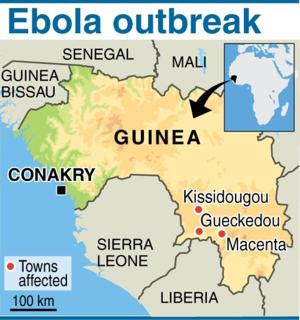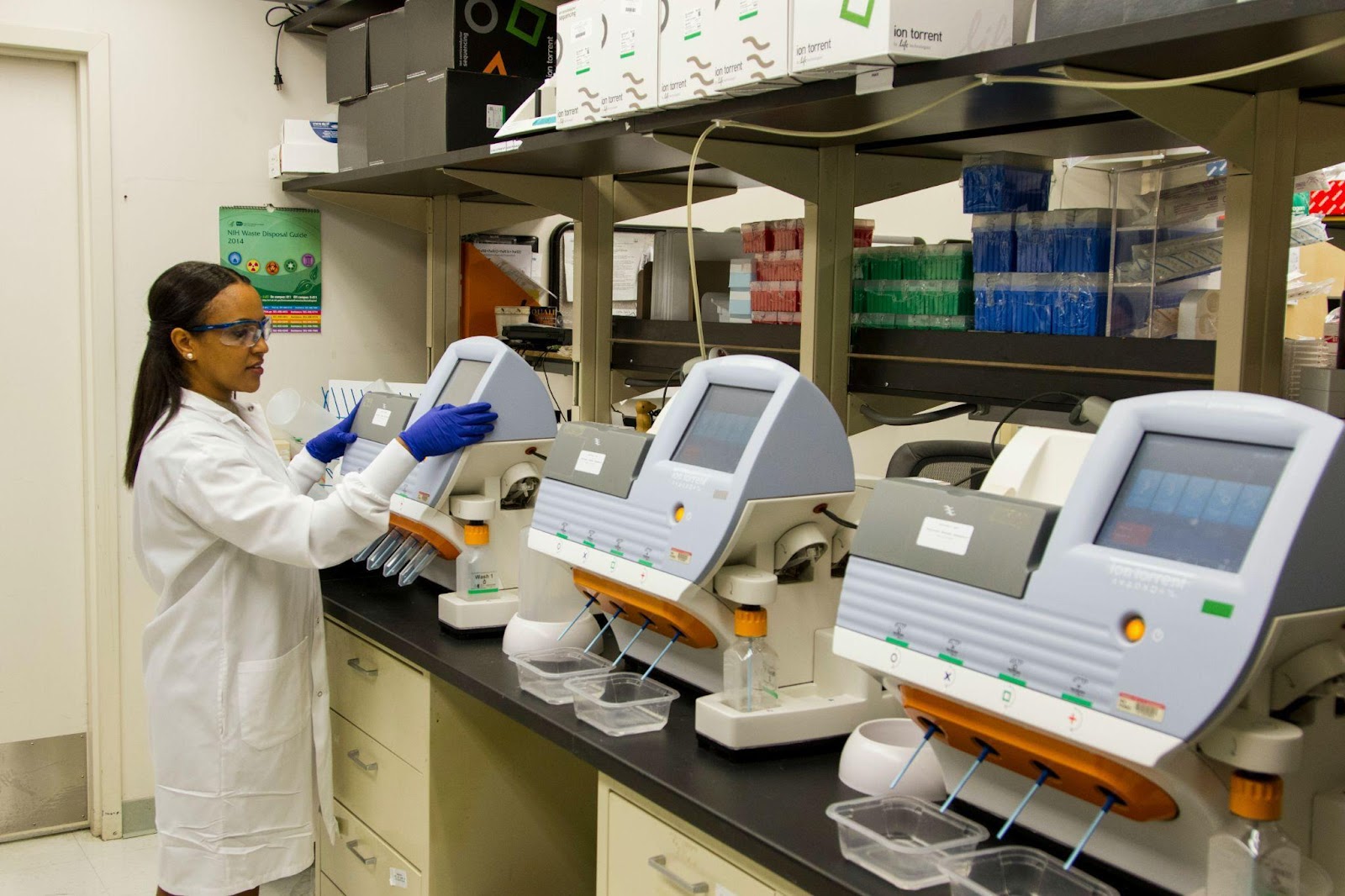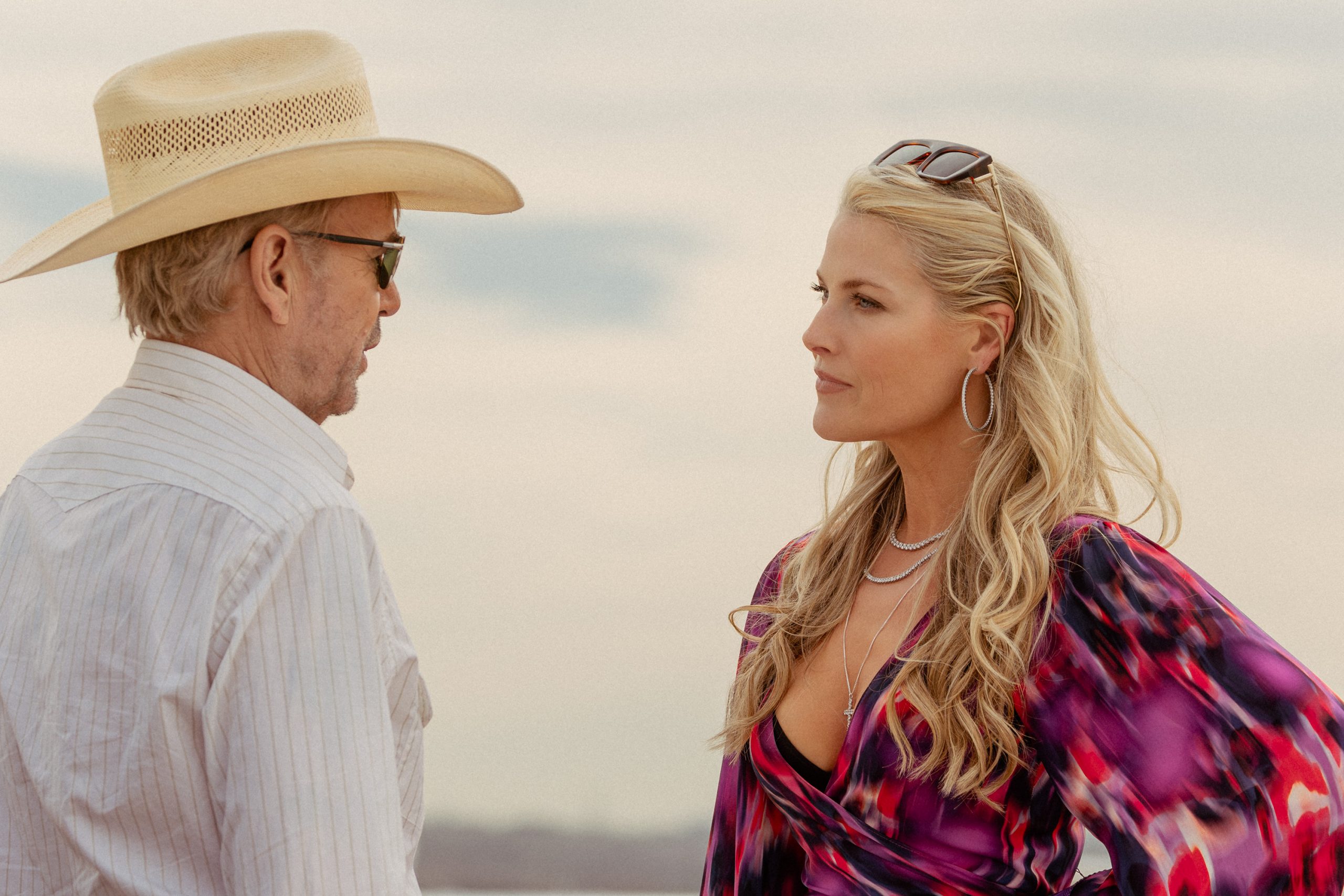Aug. 11 (GIN) – If researchers are correct, a two year old in southeastern Guinea, who died last year with Ebola symptoms, was the unsuspecting carrier of the disease soon to wreak havoc in at least three countries with common borders.
The child, called “Patient Zero,” died Dec. 6, just a few days after falling ill, according to a major expose in The New York Times. A week later, the boy’s mother, his 3 year old sister, and then his grandmother died in similar fashion. The symptoms would not be identified for months to come.
The unfamiliar set of physical signs failed to set off alarm bells and mourners for the deceased took the virus with them infecting others.
With close to 2,000 cases including over 1,000 deaths, Ebola is out of control, according to medical specialists. Doctors Without Borders called the outbreak “unprecedented” and the World Health Organization said thousands more health workers would be needed to fight it.
Last week, at a hearing with members of congress, Ken Isaacs, a spokesman for Samaritan’s Purse, the faith-based group working in Sierra Leone, decried the inaction of the international community which persisted, he charged, until the American doctor and the American nurse of the U.S.-based charity fell ill.
“The international response to the disease has been a failure,” said Isaacs. It was only after (the Americans) were confirmed to have Ebola on July 26 “that the world sat up and paid attention.”
News of the virus was all over the media while African leaders, trade and finance ministers attended the U.S.-Africa Summit. A senior fellow for global health at the NY-based Council on Foreign Relations expressed regret that little effort was made to query the leaders on their countries’ health preparedness.
“It seemed to me a huge loss to have so many of the key players – all the heads of states, all in Washington, all available for a conversation…” said Laurie Garrett in a press interview. It was a missed opportunity, she said.
The U.S. Centers for Disease Control and Prevention is leading the American effort to contain the epidemic but the promised help is small. Dr. Thomas Frieden said 50 staff members would be on the ground in West Africa “in the next week or so.” “It won’t be quick and it won’t be easy,” he warned a House Foreign Affairs subcommittee.
Mr. Isaacs again referred to a totally inadequate response to the three countries that have been hit the worst – Guinea, Liberia and Sierra Leone.
“You have three poor countries that clearly don’t have the capacity to contain it,” he said of the Ebola virus. “And is the world willing to allow the public health of the world to be in their hands to contain the disease?”
Meanwhile, Guinean President Alpha Conde during this U.S. trip described the situation as “serious but not really as catastrophic as people are painting it.” Liberian officials however expect infections to rise before the country could stop the outbreak from spreading. “It’s going to get worse before it gets better,” an official said.








